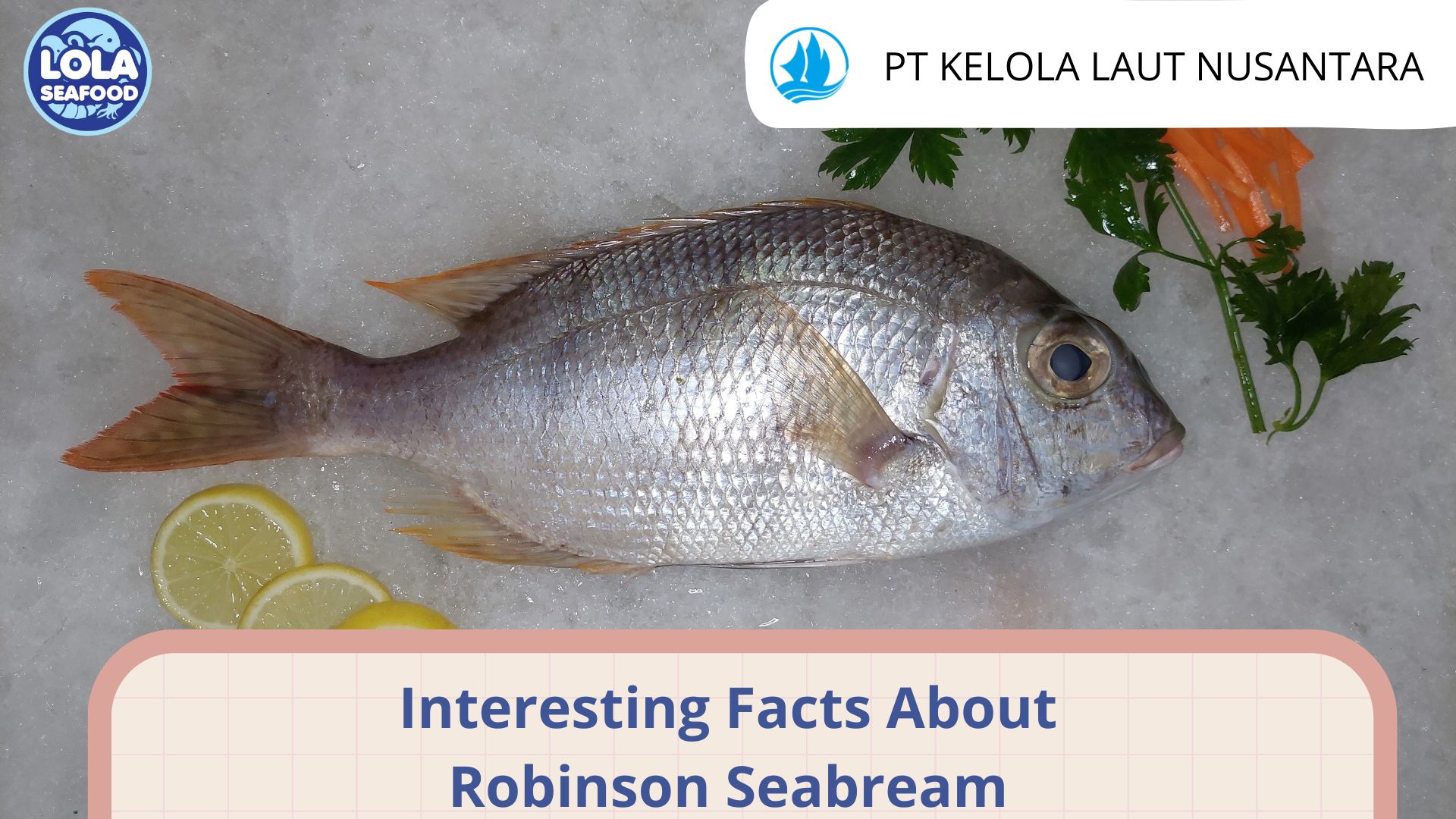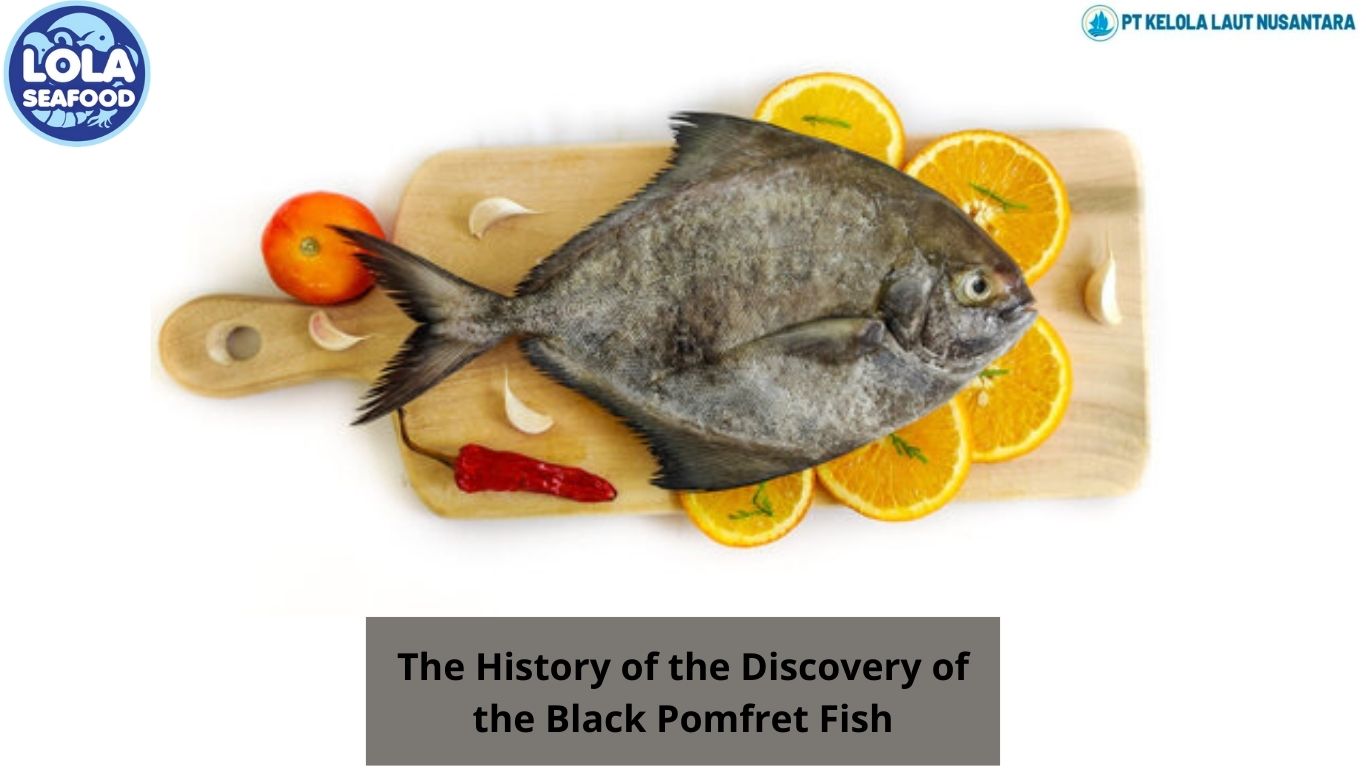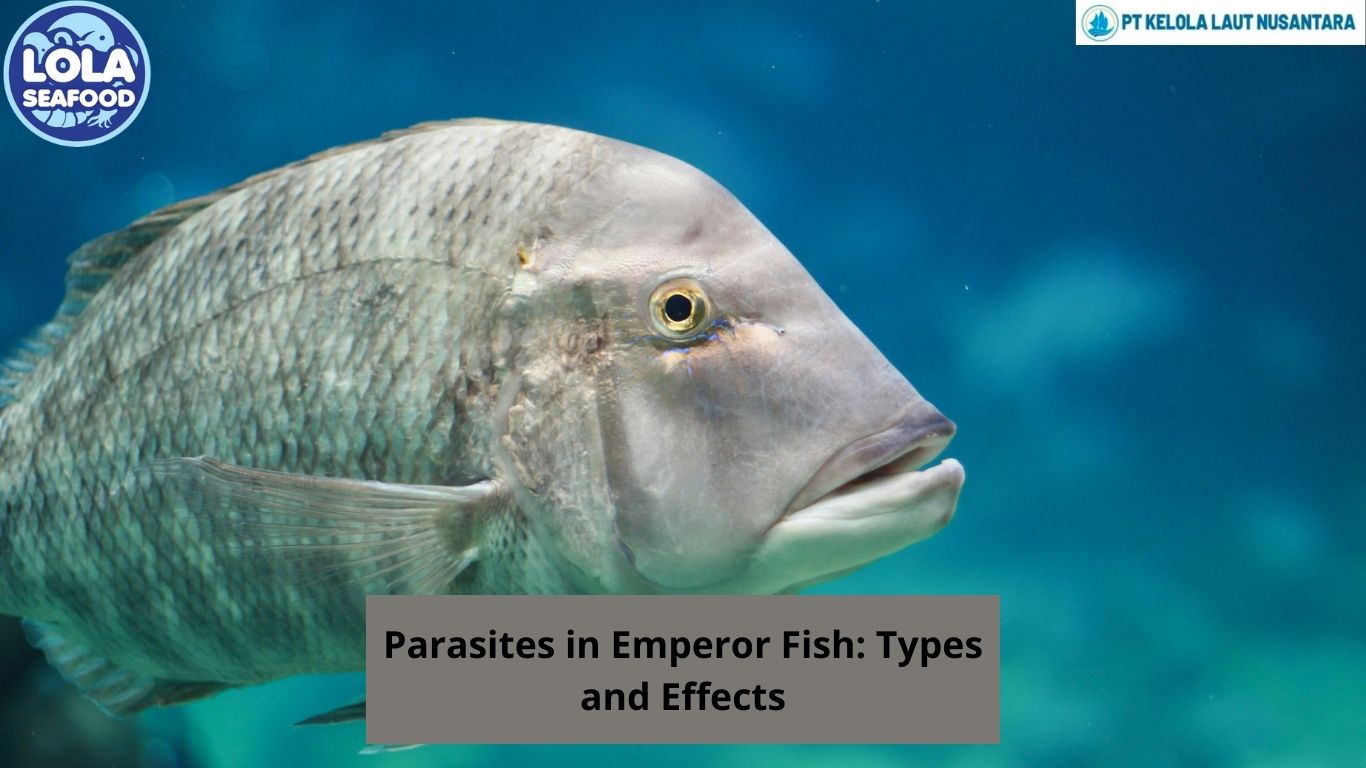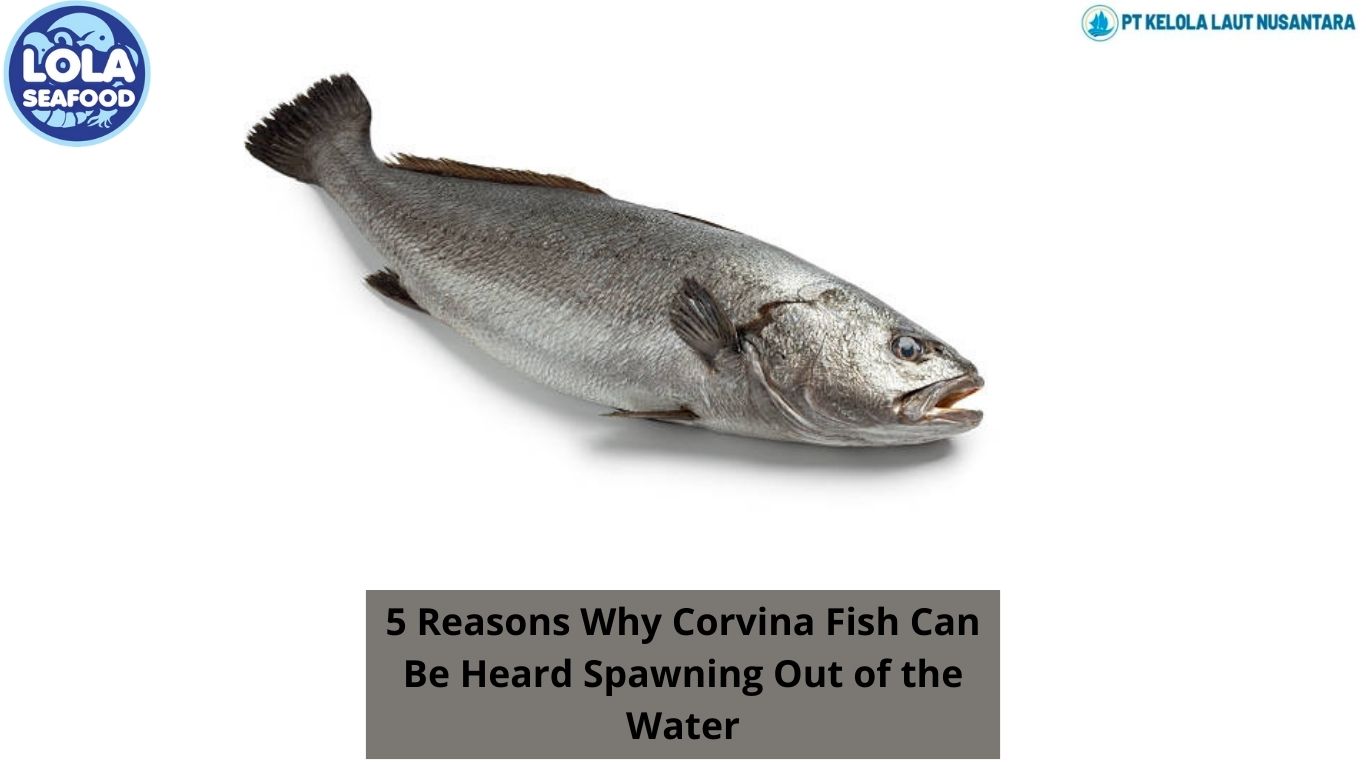Here Are Interesting Facts About Robinson Seabream
By. Nugroho Luhur - 11 Dec 2024
Kelolalaut.com Robinson Seabream (Sparidae) is a family of fish commonly found in tropical and subtropical waters. One of the species in this family is the Robinson Seabream (also known by the scientific name Pagrus robinsoni), which is less frequently encountered in commercial fisheries.
Physical Description
Robinson Seabream has an oval and flattened body, characteristic of seabreams, with small scales covering its entire body. Its color varies, but it is often predominantly silver or gray. This fish also has a long dorsal fin and clearly forked tail fins.
Habitat and Distribution
Robinson Seabream is found in subtropical and tropical waters, particularly around the Indian Ocean and the Western Pacific. They are often found in deeper waters, such as coral reefs, around islands, or along rocky shorelines. These habitats offer protection and a variety of food sources.
Nutritional Content of Seabream (per 100 grams of fish):
-
Calories: Seabreams generally provide around 90-120 kcal per 100 grams, depending on the specific species and preparation method.
-
Protein: Robinson Seabream is rich in protein, with approximately 18-22 grams per 100 grams of fish. This makes it an excellent source of lean protein, essential for muscle growth, repair, and overall health.
-
Fat: Seabream contains around 2-5 grams of fat per 100 grams. The fat content is relatively low compared to other types of fish, and it primarily consists of healthy unsaturated fats.
-
Omega-3 Fatty Acids: Like many other fish, seabream is a good source of omega-3 fatty acids, which are essential for heart health, reducing inflammation, and supporting brain function. Omega-3s in seabream include eicosapentaenoic acid (EPA) and docosahexaenoic acid (DHA), known for their health benefits.
-
Vitamins:
-
Vitamin D: Seabream is a good source of vitamin D, which supports bone health, immune function, and overall well-being.
-
B Vitamins: It also contains B vitamins, such as B12 (cobalamin) and niacin (B3), which play crucial roles in energy metabolism and red blood cell production.
-
-
Minerals:
-
Calcium: Important for bone health and muscle function.
-
Phosphorus: Essential for the formation of bones and teeth.
-
Selenium: An antioxidant mineral that helps protect cells from damage and supports thyroid function.
-
-
Cholesterol: Seabream contains moderate levels of cholesterol, approximately 40-50 mg per 100 grams. While fish contains cholesterol, it is generally considered to be a healthier option compared to other animal proteins, due to its higher content of omega-3s.








